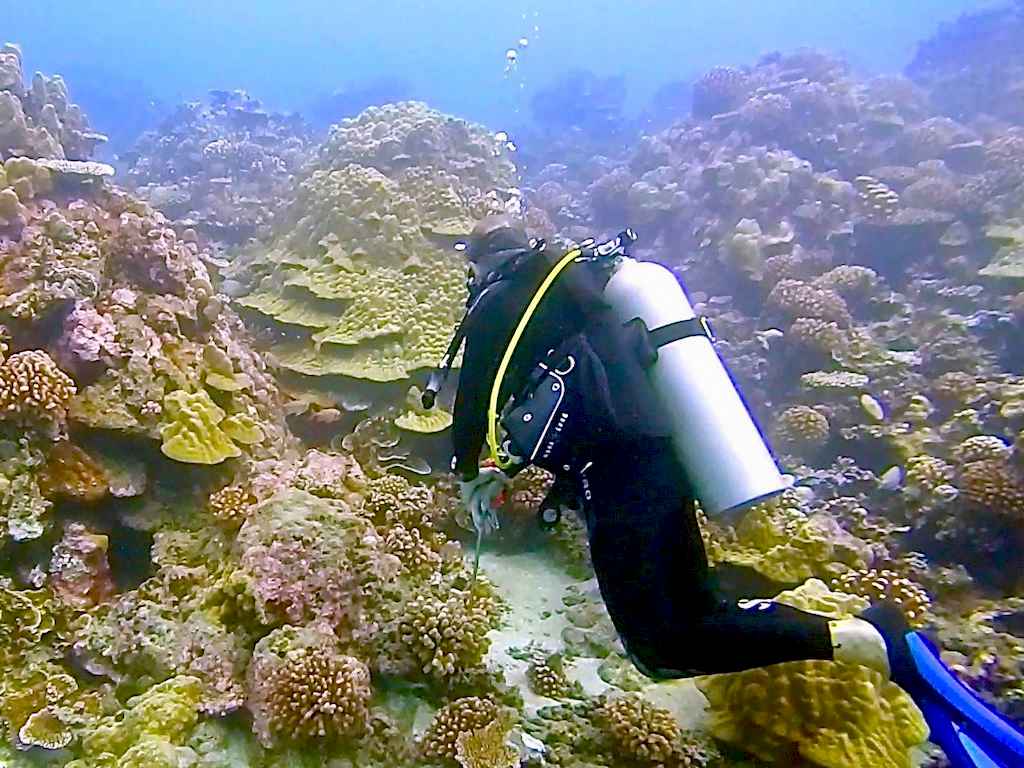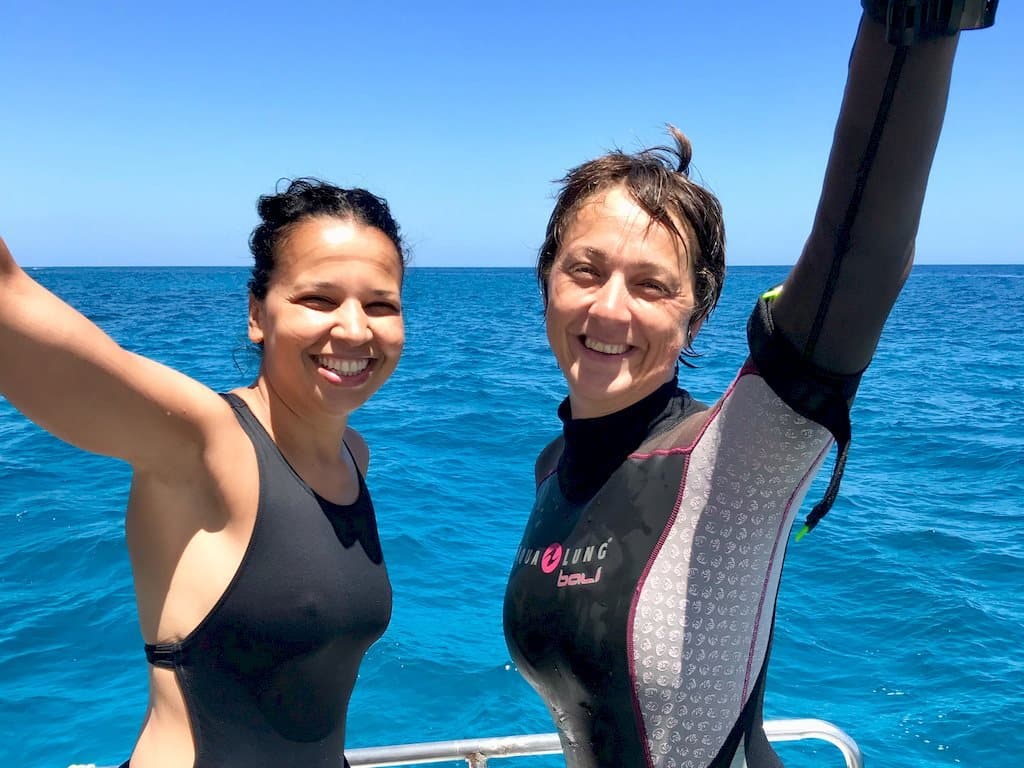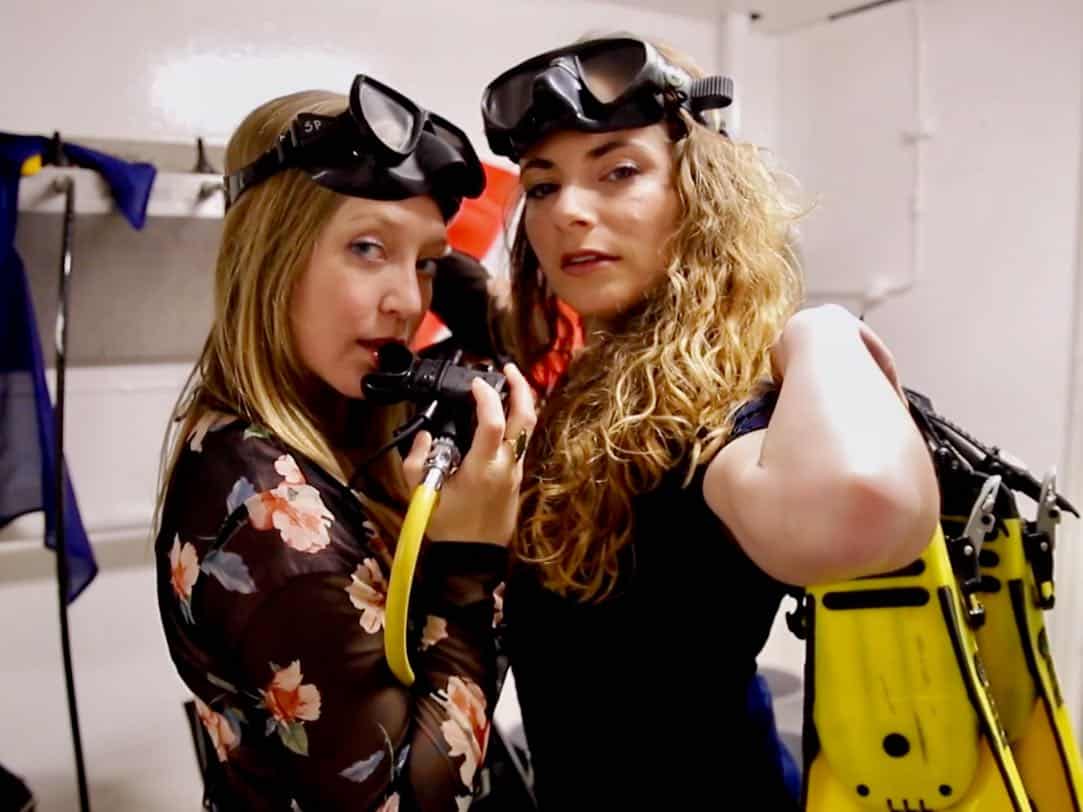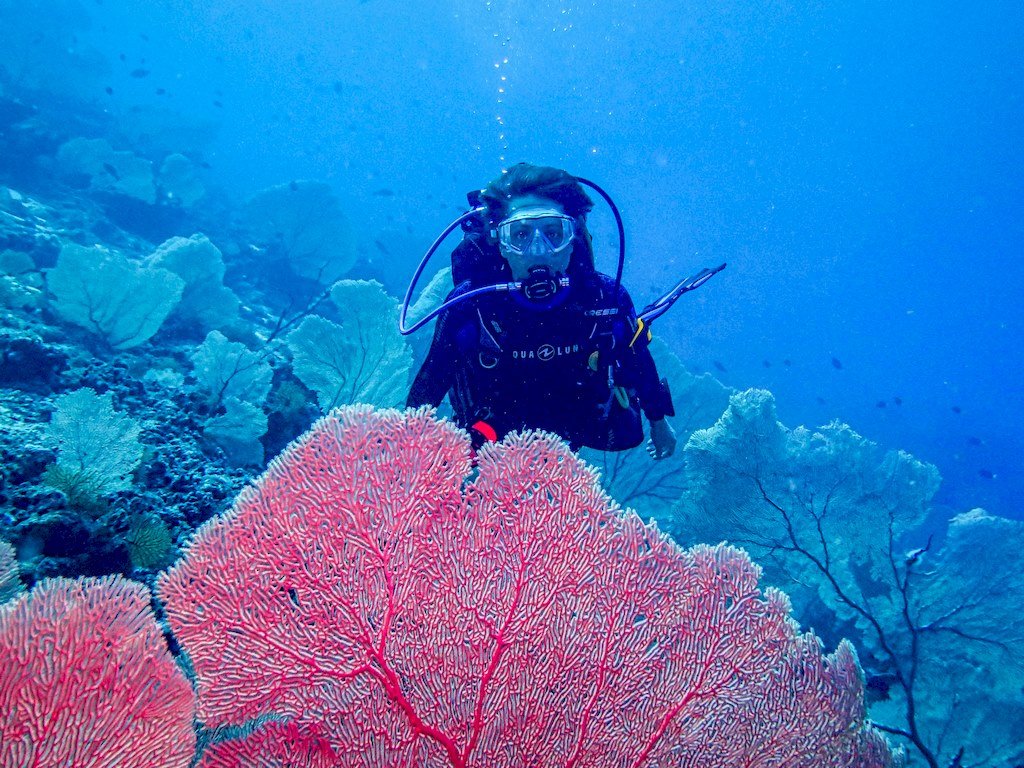This is why diving information should be reserved for experts only
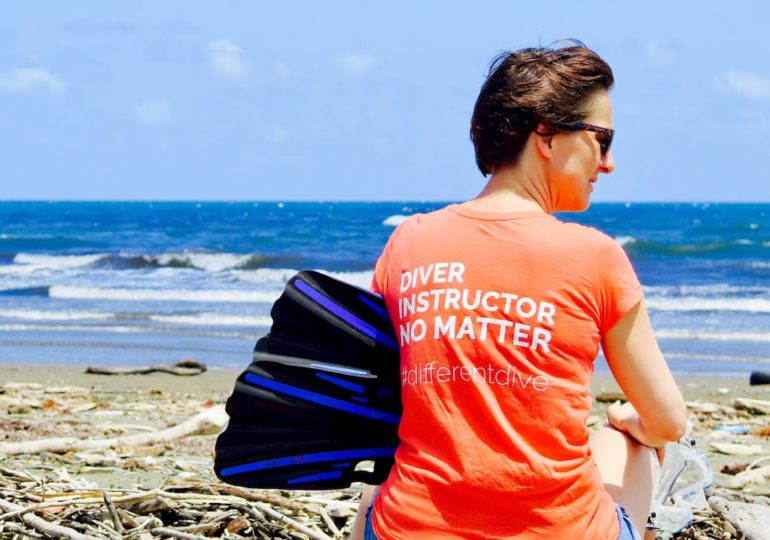
Should diving information really be reserved for experts?
The title of this article is deliberately provocative and totally reversed in my thinking. Because of course, I think that diving information is meant to be shared.
This article is a kind of “right of reply” and the title a reaction to some comments that told me that one of my last articles was interesting because the rest of my blog, in short, was shit (in short I said)
First of all, I want to point out to those who don’t like what I do that I don’t force anyone to read me!
And to all others that I take great pleasure in sharing with them the Different Dive adventure.
Diving information for experts only?
It’s impossible to “open diving experiences” to everyone or at least make it accessible to as many people as possible if we do not disseminate the information. That is what I think.
“Diver
Instructor
No matter
#differentdive”
Information for whom?
If the information that is circulating is reduced to very serious information on complex themes that do not first answer the basic questions of beginners, people who are being trained and drowned in information, people who have a problem and who do not dare to exchange with their loved ones (fear of being stupid,…), people who like to exchange… Then, in my opinion, information is only of limited use.
The “experts” already know most of the time where to go to get the information.
During my training as a diver, an expert wanted to teach me the compartment theory. It was one of the most complicated teachings of my curriculum. I must admit that I didn’t understand anything about it. My brain was blocking and could not imagine that the human body would be segmented into compartments that reacted differently to decompression. As a young diver, I had barely assimilated the concept of decompression when I was given complex and totally useless information for my recreational diving practice. Of course, this information only made me anxious for the theoretical exam (fortunately I understood later that this subject should not be known for the exam). I didn’t remember anything, not a single information except the word “compartment”. Later on, I came back and it was obviously much more comfortable.
The information must be adapted to the audience receiving it. A group of beginner will not be addressed in the same way as a group of future instructors.
Above all, I keep this belief that diving information cannot be the prerogative of a small group of highly qualified, highly experienced people… Not in 2019 with the means of communication we have. Not in a deliberate approach of collective intelligence.
It should therefore be simplified, synthesized and made accessible like here .
The problem of experts and the control of information
As our practice or level of knowledge increases, we naturally forget the questions we had in the beginning. Just as our diving gestures become reflexes. This is when we move away from the day to day reality. This is the problem of “experts” who, although they regularly think the opposite, no longer question themselves when they turn among experts with their very interesting, dense and rich subjects.
The advantage for experts who wish to exchange only among themselves on very complex subjects without sharing is that by doing so, they keep the knowledge. They keep the power and absolute aura over the “other” divers.
I am fundamentally convinced that only those who are afraid of losing their “expert status” are afraid to share information that can be clearly understood by as many people as possible.
If simplified, is diving information “shit”?
I totally disagree with this approach. Regardless of what these well-thinking people think, I will continue to disseminate synthesized information, accessible to the greatest number of people and addressing the themes encountered by most divers. And not themes that can only be understood by the diving elite (which elite?).
Because simple, accessible and synthetic information also has great value.
Fortunately, I have to admit that I am not alone.
Indeed, many experts also wish to share with the rest of the diving community. And in my opinion, they are quite right.
At a recent symposium on the care of the injured diver, one of the experts was surprised at the small number of participants. He told me that if the theme had been Tek diving, there would have been a lot more people. This raises questions about this phenomenon. How is the information presented? How do divers perceive it? Does “medical” information seem too far away from most divers? (The symposium in question was open to everyone)
This is very surprising as the article was just summarizing what I had heard at this symposium and was very well received. It was also followed by comments from the diving community. I just had to synthesize it and make it accessible.
Diving information, a love story?
Perhaps it takes the generosity and love of others to share information while diving? (And in all other sectors). Perhaps it is necessary to appreciate the exchange with others to question oneself and evolve?
In my opinion, communication is good. But restricting communication to a very small number of well-specialized experts may not be the best idea. Especially in such a special leisure activity.
And in the end, doesn’t it also take time, work and a little talent to share information with everyone?
“Diver
Instructor
No matter
#differentdive”
But you, tell me, what are you interested in?
Share your opinion in a comment below to discuss together
And above all… don’t forget to be happy 🤗
Hélène

